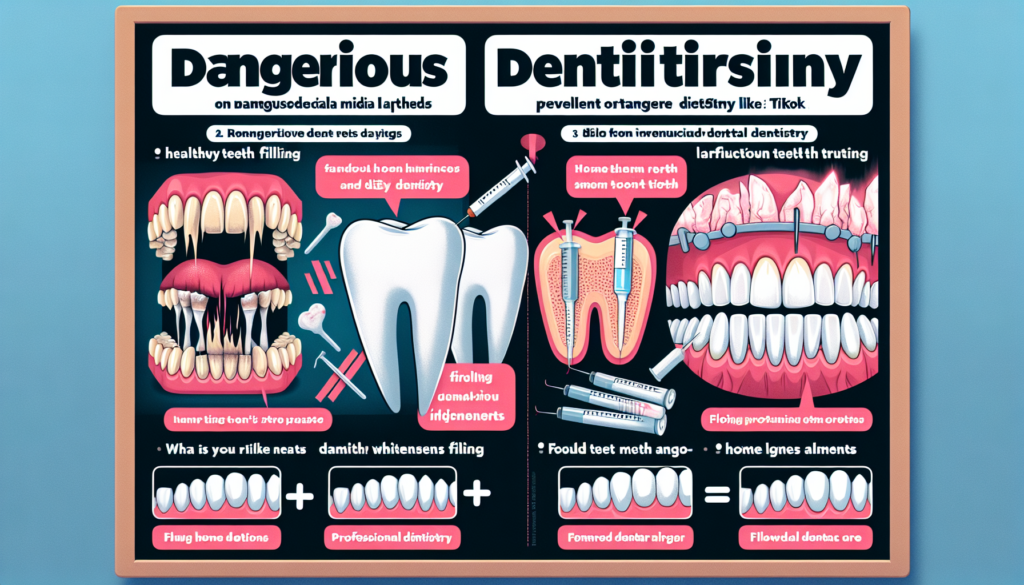CDPHP and Delta Dental Unite to Advance Children’s Oral Health in New York
Just like small daily habits can transform your life, consistent dental habits can create a lifetime of confident, healthy smiles. Learn more in The Habit Method.
Children’s oral health has long been recognized as a cornerstone of overall wellness. This year, CDPHP and Delta Dental have come together in a powerful partnership to address gaps in pediatric dental care across New York. By combining resources, expertise, and community reach, they aim to help families establish lifelong dental wellness habits—starting from the very first tooth.
Understanding the Importance of Early Dental Care for Kids
Why children’s oral health matters
Oral health is more than just a bright smile—it directly impacts a child’s nutrition, speech development, academic performance, and self-esteem. Untreated tooth decay remains one of the most common chronic conditions among children in the United States. According to the Centers for Disease Control and Prevention (CDC, 2024), more than 20% of children ages 5–11 have untreated cavities, which can lead to pain, infection, and missed school days.
The link between dental wellness and overall health
Emerging research highlights a strong connection between oral health and systemic health. Bacteria from untreated oral infections can affect cardiovascular and metabolic systems, even early in life. Promoting early and preventive dental care isn’t only about preserving baby teeth—but about fostering a foundation for long-term wellness.
How the CDPHP and Delta Dental Partnership Supports Preventive Care
The new collaboration between CDPHP and Delta Dental is grounded in the principle that prevention is always better than treatment. Their initiatives focus on building awareness and access—especially among children who may not otherwise receive regular dental care.
- Education initiatives for families and schools: The partnership funds dental education programs that teach kids fun, age-appropriate lessons about brushing, flossing, and the role of nutrition. Parents receive guidance on creating positive oral habits at home, from choosing the right toothbrush size to monitoring sugar intake.
- Access to dental screenings and fluoride treatments: Preventive tools like fluoride varnishes and sealants can significantly reduce cavity formation. The program supports regular screenings in school settings and community centers to catch minor issues early.
- Encouraging regular pediatric dental visits: Experts recommend that children see a dentist by age one or within six months of their first tooth eruption. Through outreach and insurance assistance, CDPHP and Delta Dental are making it easier for families to schedule and maintain these essential visits.
Preventive care often pays dividends over a lifetime. For every dollar spent on prevention, up to fifty dollars may be saved in future restorative costs. — American Dental Association (2024)
Building Healthy Oral Habits for Lifelong Wellness
Developing healthy oral hygiene habits is one of the most valuable lessons a child can learn. This partnership emphasizes practical ways families can encourage consistency and fun when caring for young smiles.
- Teaching brushing and flossing techniques: Brushing should take two minutes, twice daily, using a pea-sized amount of fluoride toothpaste. Flossing helps clean the spaces between teeth where brushes can’t reach. Songs, timers, and tracking charts can make these moments engaging for kids.
- Nutrition tips for stronger teeth: Calcium-rich foods, fruits, and vegetables with crunch (like apples and carrots) naturally help clean enamel. Water, especially fluoridated water, strengthens growing teeth and keeps the mouth hydrated.
- Reducing sugar intake and cavity prevention: Limiting sugary snacks, juices, and sticky treats plays a major role in cavity prevention. Encourage children to choose water over soda and save sweets for mealtime when saliva flow is higher.
Small, consistent actions—like brushing before bed or choosing water after snacks—build powerful lifelong habits. As parents model these routines with patience and gratitude, children naturally embrace them as part of their daily rhythm.
Community Outreach Programs Improving Dental Health Access
According to the New York State Department of Health (2023), rural and low-income communities often face barriers to accessing pediatric dental services. The CDPHP and Delta Dental partnership is helping bridge this gap through community-driven oral health initiatives.
- Free dental care events and mobile clinics: Mobile dental units bring screenings and preventive care directly to neighborhoods and schools, ensuring that cost or transportation challenges do not hinder care access.
- Collaborations with local schools and community centers: By integrating oral health education into school curriculums, children learn practical tips and gain exposure to dental professionals in positive, nonclinical settings.
- Supporting underserved families in New York State: The partnership’s shared mission includes providing financial assistance, dental kits, and free educational resources to parents and teachers, maximizing long-term impact in every community served.
Through these outreach efforts, both organizations reaffirm their commitment to equitable health resources and the belief that every child deserves a healthy start and a confident smile.
The Future of Children’s Oral Health with CDPHP and Delta Dental
Looking ahead, CDPHP and Delta Dental plan to expand their partnership to reach more families, increase school participation, and enhance preventive program data tracking to measure outcomes effectively. Their shared goal is to reduce cavities and oral disease rates among children statewide within the next decade.
This initiative sets a new statewide standard for integrated care—where dental health seamlessly aligns with overall medical wellness, and education transforms into empowerment. It’s about ensuring that children not only smile today but continue to smile confidently for decades to come.
Learn More About How CDPHP and Delta Dental Are Creating Brighter Smiles
Families interested in accessing these resources can visit the CDPHP or Delta Dental websites for more details on participating clinics and community events.
Frequently Asked Questions
- 1. When should my child have their first dental visit?
Experts recommend scheduling a baby’s first dental appointment by their first birthday or within six months of their first tooth eruption. — American Academy of Pediatric Dentistry (AAPD, 2024) - 2. How often should children visit the dentist?
Regular checkups every six months help detect early signs of decay and reinforce good oral hygiene habits. - 3. What are the main causes of tooth decay in children?
Frequent exposure to sugary foods and poor brushing habits often lead to cavities. Consistent brushing with fluoride toothpaste and limiting snacks can reduce risk significantly. - 4. What role does diet play in oral health?
A balanced diet with plenty of water, fruits, vegetables, and low-sugar dairy supports strong enamel and healthy gums. Sticky or sugary foods contribute to plaque buildup and decay. - 5. How are CDPHP and Delta Dental helping families access affordable care?
They provide coverage options, mobile clinics, and school-based programs to reach underinsured and underserved children throughout New York State.
Conclusion
Empowering children to value their oral health is one of the most meaningful steps toward lifelong wellness. Through their unified mission, CDPHP and Delta Dental are not only improving access and education but also nurturing a culture where dental care is seen as daily self-care.
Just as healthy habits create stronger smiles, personal growth begins with consistent effort. Discover how small daily practices can lead to long-term transformation in The Habit Method.
Post Disclaimer
DentalUp is for educational purposes only and cannot accept personal dental information such as x-rays, photos, or treatment details. See full disclaimer here.





